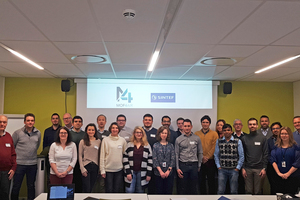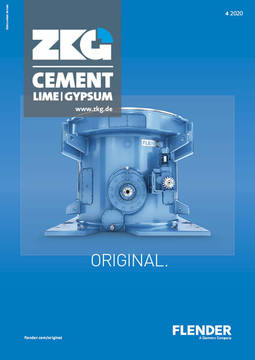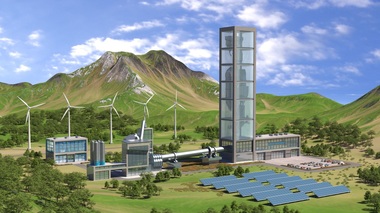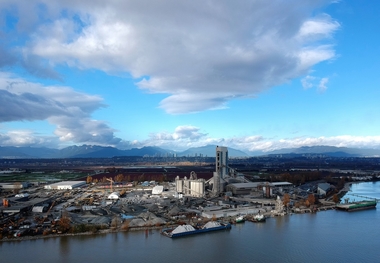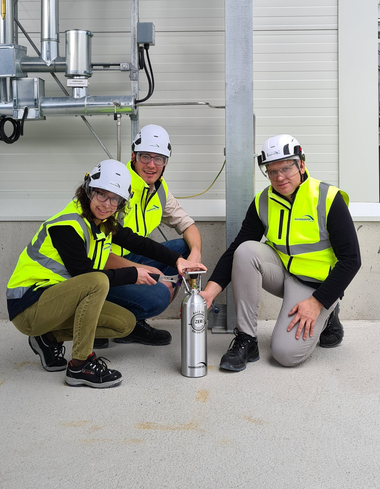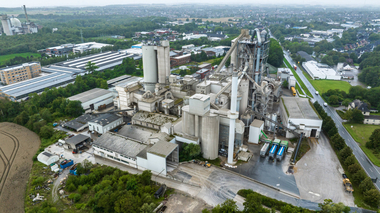How to build a more climate-friendly cement industry?
Nowadays, the cement industry is constantly innovating to help its emission reduction targets and is willing and able to provide policy-makers with advice on how to develop and build a sustainable society. Therefore, a great many R&D institutes have already implemented major efficiency improvements like reducing GHG (greenhouse gases) substantially.
Power supply and carbon-intensive industries (e.g. cement, steel and petrochemical industries) account for a large share of CO2 emissions. Besides the limitation of anthropogenic CO2 emissions, carbon capture is a key technology that has the potential to decrease carbon emissions in these sectors by giving another afterlife to this CO2: utilisation or storage. MOF4AIR is a Horizon 2020 project gathering 14 partners from eight countries, including TCMA R&D Institute as a partner, to develop and demonstrate the performances of Metal Organic Framework (MOF)-based CO2 capture technologies in power plants and energy intensive industries.
As above mentioned, the TCMA R&D Institute has taken on a role as a partner on 01.07.2019 at “Metal Organic Frameworks for carbon dioxide Adsorption processes in power production and energy Intensive industRies (MOF4AIR)”, a project funded by the EU Horizon 2020 Research and Innovation Programme under Grant Agreement No: 837975.
The overall objective of MOF4AIR is to demonstrate the performance of MOF-based CO2 capture technologies in power plants and energy intensive industries. The project which is led by Mons University with a total budget of approximately € 11.1 million and will last for four years.
The project aims to use the most suitable structure in different adsorption methods and implement CO2 capture at the pilot scale by synthesizing metal organic framework (MOF) with high selectivity and high CO2 affinity for CO2 capture. The overall objective of MOF4AIR Project is to demonstrate the performance of the metal organic framework (MOF)-based CO2 capture technologies in three demonstration sites, across Europe which will prove the cost-efficiency and reliability of MOF-based carbon capture in CO2 intensive sectors: power supply, refineries and waste incineration.
Global CO2 levels are unfortunately continuing to rise, however the global awareness is also increasing. TCMA’s role in this project is to make all the communication and dissemination activities of the MOF4AIR project, as well as the exploitation. TCMA aims to study the solution proposed in the project in the whole industrial system of carbon capture. TCMA has another role to examine the social issues related to capture, transport and storage of CO2, establish the replicability and transferability of the developed solutions through an implementation plan and the involvement of an industrial cluster board.
//www.tcma.org.tr" target="_blank" >www.tcma.org.tr:www.tcma.org.tr | //www.mof4air.eu" target="_blank" >www.mof4air.eu:www.mof4air.eu

